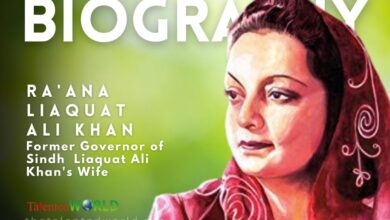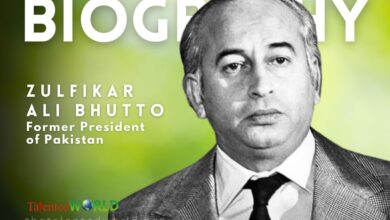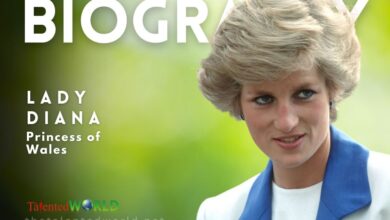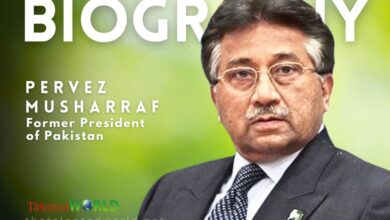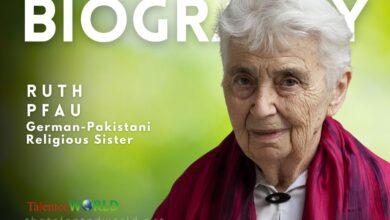Quick Facts
| Attribute | Details |
|---|---|
| Full Name | Muhammad Ali Jinnah |
| Born | Mahomedali Jinnahbhai |
| Date of Birth | December 25, 1876 |
| Place of Birth | Karachi, Bombay Presidency, British India (now Sindh, Pakistan) |
| Date of Death | September 11, 1948 |
| Place of Death | Karachi, Federal Capital Territory, Pakistan (now Sindh, Pakistan) |
| Resting Place | Mazar-e-Quaid, Karachi, Sindh, Pakistan |
| Nationality | – British Indian (1876–1947) – Pakistani (1947–1948) |
| Political Party | – Muslim League (1947–1948) |
| Other Political Affiliations | – Indian National Congress (1906–1920) – All-India Muslim League (1913–1947) |
| Spouses | – Emibai Jinnah (m. 1892; died 1893) – Rattanbai Petit (m. 1918; died 1929) |
| Children | Dina Wadia |
| Parents | Jinnahbhai Poonja (father) |
| Education | Lincoln’s Inn |
| Profession | Barrister, politician |
| Titles and Roles | – 1st Governor-General of Pakistan (1947–1948) – 1st Speaker of the Constituent Assembly (1947–1948) |
| Predecessor | Position established |
| Succeeded by | Khawaja Nazimuddin (Governor-General) Maulvi Tamizuddin Khan (Speaker) |
| Early Career | – Rose to prominence in the Indian National Congress – Advocated Hindu–Muslim unity |
| Significant Contributions | – Shaped the 1916 Lucknow Pact – Proposed fourteen-point constitutional reform plan |
| Major Achievement | Founder of Pakistan |
| Historical Actions | – Led the Lahore Resolution in 1940 – Supervised the establishment of refugee camps post-independence |
| Legacy Titles | – Quaid-e-Azam (“Great Leader”) – Baba-e-Qaum (“Father of the Nation”) |
| National Holiday | His birthday, December 25, is observed as a national holiday in Pakistan |
| Reverence | Deeply respected in Pakistan, with several universities and public buildings named after him |
| Biographer’s View | According to Stanley Wolpert, Jinnah is considered Pakistan’s greatest leader |

